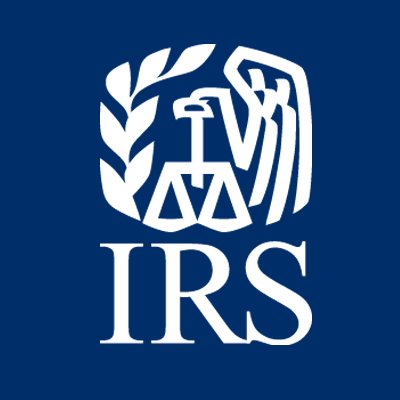
With the filing deadline quickly approaching, the Internal Revenue Service has urged everyone to remain vigilant against email and text scams aimed at tricking taxpayers about refunds or tax issues.
In day two of the annual Dirty Dozen tax scams campaign, the IRS again includes a warning about phishing and smishing schemes where cybercriminals try to steal a taxpayer’s information through scam emails or text messages.
“Email and text scams are relentless, and scammers frequently use tax season as a way of tricking people,” said IRS Commissioner Danny Werfel. “With people anxious to receive the latest information about a refund or other tax issue, scammers will regularly pose as the IRS, a state tax agency or others in the tax industry in emails and texts. People should be incredibly wary about unexpected messages like this that can be a trap, especially during filing season.”
As a member of the Security Summit, the IRS, with state tax agencies and the nation’s tax industry, have taken numerous steps over the last eight years to warn people to watch out for common scams and schemes each tax season that can contribute to identity theft. Along with the Security Summit initiative, the Dirty Dozen aims to protect taxpayers, businesses and the tax system from identity thieves and various hoaxes designed to steal money and information.
The Dirty Dozen is an annual IRS list of 12 scams and schemes that put taxpayers and the tax professional community at risk of losing money, personal data and more. Some items on the list are new, and some make a return visit. While the list is not a legal document or a formal listing of agency enforcement priorities, it is intended to alert taxpayers, businesses and tax preparers about scams at large.
Phish or smish: Avoid getting hooked by either
Taxpayers and tax professionals should be alert to fake communications posing as legitimate organizations in the tax and financial community, including the IRS and states. These messages arrive in the form of an unsolicited text or email to lure unsuspecting victims to provide valuable personal and financial information that can lead to identity theft. There are two main types:
- Phishing is an email sent by fraudsters claiming to come from the IRS or another legitimate organization, including state tax organizations or a financial firm. The email lures the victims into the scam by a variety of ruses such as enticing victims with a phony tax refund or frightening them with false legal/criminal charges for tax fraud.
- Smishing is a text or smartphone SMS message that uses the same technique as phishing. Scammers often use alarming language like, "Your account has now been put on hold," or "Unusual Activity Report" with a bogus “Solutions” link to restore the recipient’s account. Unexpected tax refunds are another potential target for scam artists.
The IRS initiates most contacts through regular mail and will never initiate contact with taxpayers by email, text or social media regarding a bill or tax refund.
Never click on any unsolicited communication claiming to be the IRS as it may surreptitiously load malware. It may also be a way for malicious hackers to load ransomware that keeps the legitimate user from accessing their system and files.
Individuals should never respond to tax-related phishing or smishing or click on the URL link. Instead, the scams should be reported by sending the email or a copy of the text/SMS as an attachment to phishing@irs.gov. The report should include the caller ID (email or phone number), date, time and time zone, and the number that received the message.
Taxpayers can also report scams to the Treasury Inspector General for Tax Administration or the Internet Crime Compliant Center. The Report Phishing and Online Scams page at IRS.gov provides complete details. The Federal Communications Commission’s Smartphone Security Checker is a useful tool against mobile security threats.
Help stop fraud and scams
As part of the Dirty Dozen awareness effort, the IRS encourages people to report individuals who promote improper and abusive tax schemes as well as tax return preparers who deliberately prepare improper returns.
To report an abusive tax scheme or a tax return preparer, people should mail or fax a completed Form 14242, Report Suspected Abusive Tax Promotions or Preparers and any supporting material to the IRS Lead Development Center in the Office of Promoter Investigations.
Mail:
Internal Revenue Service Lead Development Center
Stop MS5040
24000 Avila Road
Laguna Niguel, California 92677-3405
Fax: 877-477-9135
Alternatively, taxpayers and tax practitioners may send the information to the IRS Whistleblower Office for possible monetary reward. For more information, see Abusive Tax Schemes and Abusive Tax Return Preparers.